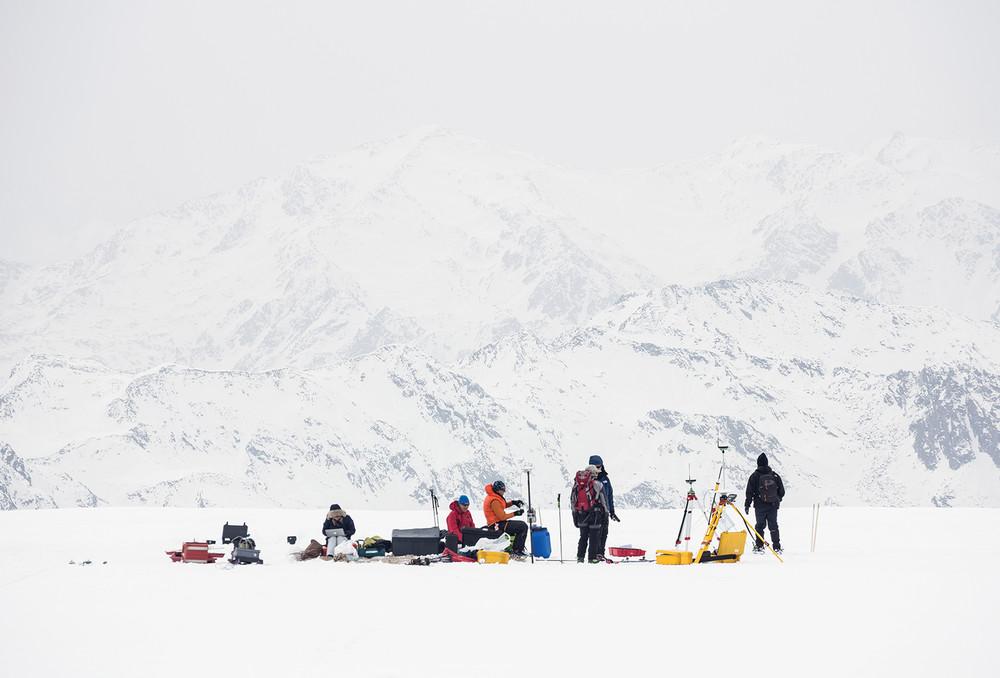
When Disegno asked me to write about Italian Limes, a project of Italian design research studio Folder, I couldn’t believe my luck. Here is one of the most interesting projects done in design and architecture in recent years, and I tried my best to show its relevance in today’s world in a piece that made it to Disegno no. 12. An excerpt below, and the full piece available in the magazine.
Italian Limes’s greatest legacy is likely to be how it has contributed in a completely novel way to the fields of design and architecture, and helped carve out a path for a new generation of researchers. It has shown how design can meaningfully contribute to social and political discourse. In stark contrast to the postcard of the Brenner pass that initiated the project, a current Google maps rendition of Italy’s border shows desolation and emptiness. A bare road leads to the Alps, as if entering the country were nothing other than simple and objective. And yet, as Paasi writes, “borders are still with us,†their meanings “more and more complex in both social and political practice and academic researchâ€. Borders are contested, transformed, permeable to different degrees, dematerialised, present – and as movable in their definition as the section of the Italian-Austrian frontier analysed by Folder. “Consequently, it is crucial to step beyond simple dichotomies dictating that spaces should be understood as either territorially bounded or open,†concludes Paasi. “Even the most thoroughly fixed borders transform, are crossed, and are partly ‘mobile’.â€
